Notes on a scandal
In her latest blog, Children’s Commissioner Dame Rachel de Souza reports on the alarming rise in children missing education and labels the newest DfE figures a scandal. No Schools Week reader will be surprised by the range of negative consequences de Souza highlights, from a lack of qualifications to a susceptibility to crime.
It’s clear that a significant reason for the increases in home education and in children missing school is the lack of local authority resources to keep children in or support them to return to the classroom. It’s also clear that children with special educational needs and those from disadvantaged backgrounds are disproportionately affected by this. Without the necessary support, children are ostracised and end up stuck in a cycle of inaccessibility that is all too familiar.
However, it’s worth exploring whether there are other reasons why children are missing from education beyond this lack of support. Does the traditional education system cater to the needs of a post-COVID society? Does our digital world reinforce the notion that education is losing its importance? Or are we seeing a generational shift where the standard ‘one-size-fits-all’ classroom setting is no longer effective?
It seems to me that we need a deeper analysis of the reasons children are out of education and parents lack the will to send them in. After all, you can’t effectively address a problem without truly understanding its root causes. Without that, Labour’s widely reported proposal for schools to send daily registers to the DfE and LA seems like a good way to drive up accountability without really boosting attendance.
Crewing over the Cs
Having said that, some encouraging thinking is happening on the left in terms of improving pupils’ experience of school. As a school link governor and advocate for student voice, I was invigorated this week by Dr Brian Lighthill’s blog for The Fabians about the holistic pastoral care approach at XP School in Doncaster. The focus is on ‘Crew Time’, a daily meeting for students to prepare for the day, reflect and participate in team-building activities.
The school promotes an egalitarian approach, valuing everyone equally and the approach provides a safe space for students to express themselves and seek support, fostering a sense of belonging. This is evident through the students’ engagement with ‘Crew Time’, which serves as a core support function during their time at school.
Lighthill also discusses how the school encourages students to develop key skills known as the school’s 4Cs: communication, collaboration, creativity and critical reflection. These 4Cs aim to nurture well-rounded individuals and, ultimately, improve academic performance.
While considering the success of the Crew Time concept, another set of 4Cs came to my mind: care, consideration, consistency and connection. Just imagine how much easier it would be for children to demonstrate the first four if we adults could provide them with the second.
Home and away
Meanwhile, it would be beneficial for policymakers and the sector to gain better understanding of what exactly homeschooling involves. Conveniently, the newest episode of the Teacher Talk Radio podcast, hosted by Tom Rogers, provides this insight.
Tom chats with Katie Finlayson, who has homeschooled her children for over 14 years and shares some of their journey. The conversation delves into topics such as curriculum, socialisation and homeschooling regulation. Trust me, the insight offered was perspective-changing.
Though, from listening to Katie, what struck me most was how much homeschooling practices and experiences mirror the post-Covid workforce culture: flexible hours, less stringent working environments and improved time management skills. Listening to the conversation prompted me to consider again (as I did earlier) whether the traditional education system is suited to our modern-day world.
One thing is certain: this podcast challenged some preconceived notions I had about homeschooling, so I encourage you to listen and see if it does the same for you.
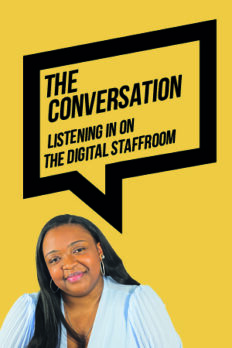
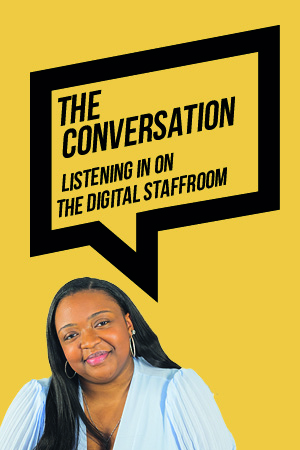
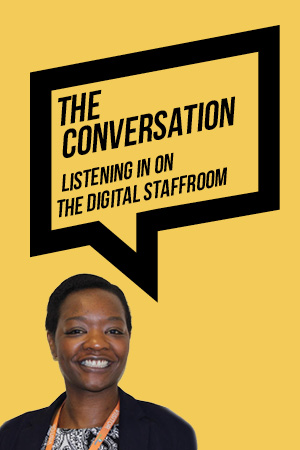
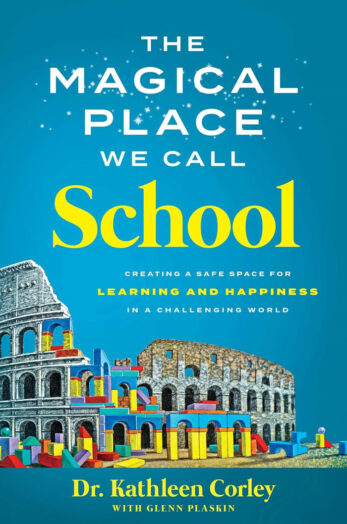
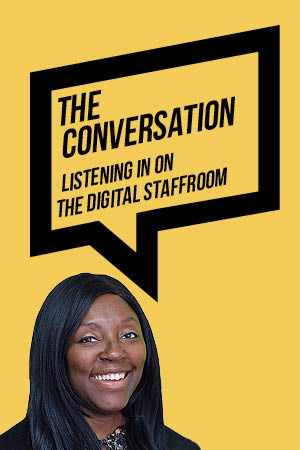

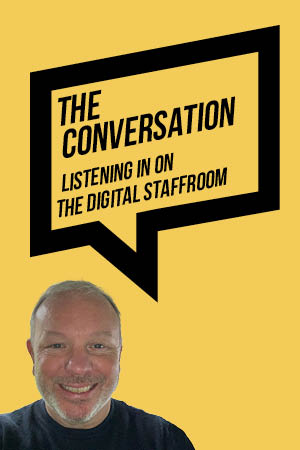

Your thoughts